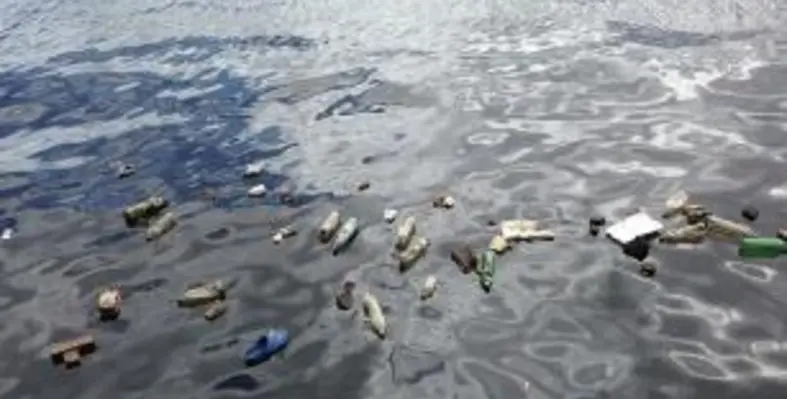Energy player Total and 29 other companies have collaborated to form the AEPW to help end plastic waste in the environment, especially in the ocean
The Alliance to End Plastic Waste (AEPW) has committed more than US$1.0bn with the goal to invest US$1.5bn over the next five years to help reduce plastic waste.
The alliance will develop and scale solutions that minimise and manage plastic waste and promote solutions for used plastics by contributing to a circular economy.
The alliance is a not-for-profit organisation that includes companies that make, use, sell, process, collect, and recycle plastics. This includes chemical and plastic manufacturers, consumer goods companies, retailers, converters, and waste management companies, also known as the plastics value chain.
The founding members of the alliance are BASF, Berry Global, Braskem, Chevron Phillips Chemical Company LLC, Clariant, Covestro, Dow, DSM, ExxonMobil, Formosa Plastics Corporation, U.S.A., Henkel, LyondellBasell, Mitsubishi Chemical Holdings, Mitsui Chemicals, NOVA Chemicals, OxyChem, PolyOne, Procter & Gamble, Reliance Industries, SABIC, Sasol, SUEZ, Shell, SCG Chemicals, Sumitomo Chemical, Total, Veolia, and Versalis (Eni).
Bernard Pinatel, president refining and chemicals of Total and member of the executive committee of the alliance, said, “By contributing to the lightening of materials, plastics improve the energy efficiency of our everyday products and reduce our CO2 emissions. However, it is critical to improve the management of their end-of-life to ensure that they do not end up in the environment.”
“Being a founding member of the alliance is obvious for Total, whose ambition is to become the responsible energy major. The actions of the alliance will complement our own efforts to improve the energy efficiency of our products, to develop recycling and to produce bioplastics,” he added.
The AEPW will make additional investments and drive progress in four main areas: infrastructure development to collect and manage waste and increase recycling; innovation to advance and scale new technologies that make recycling and recovering plastics easier and create value from all post-use plastics; education and engagement of governments, businesses, and communities to mobilise action; and the clean up of concentrated areas of plastic waste already in the environment, particularly the major conduits of waste, like rivers, that carry land-based plastic waste to the sea.












